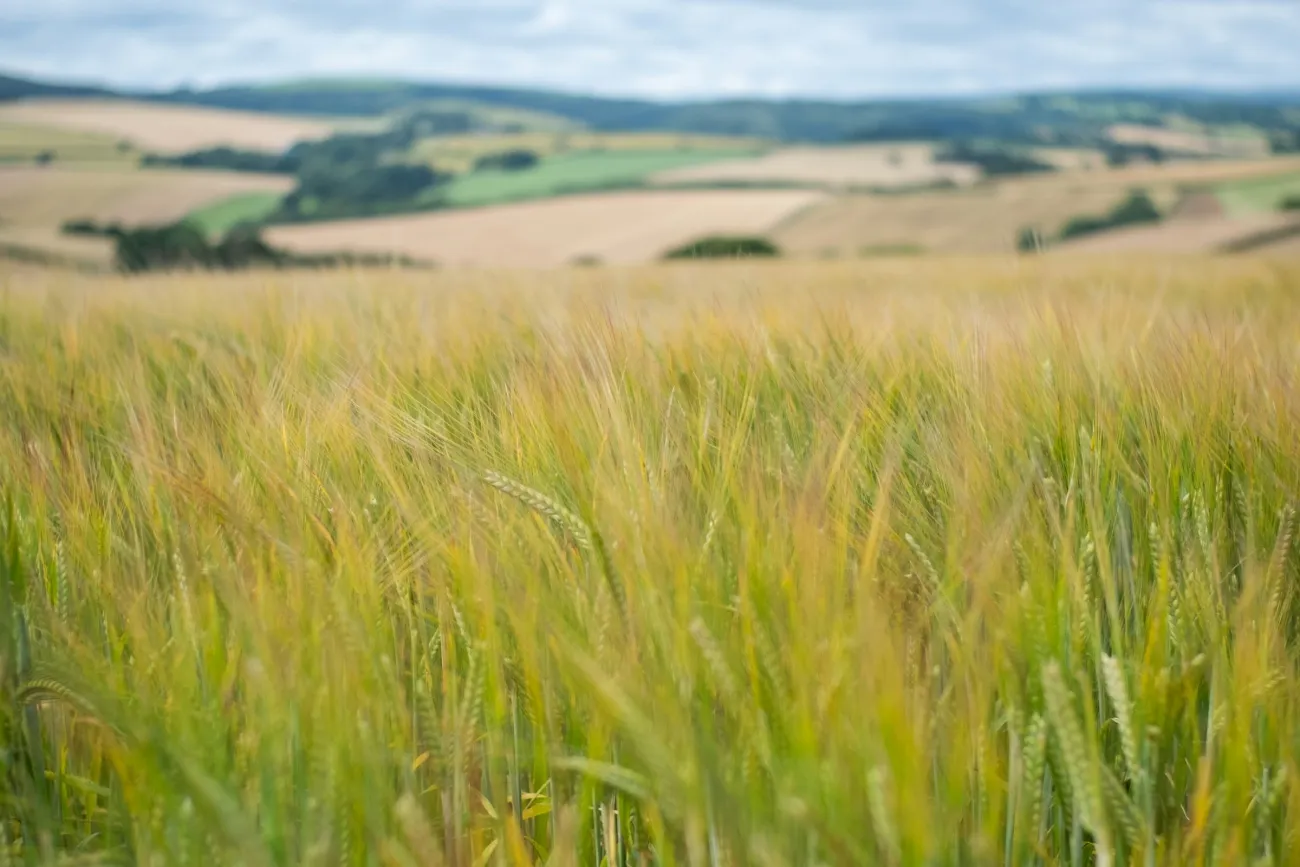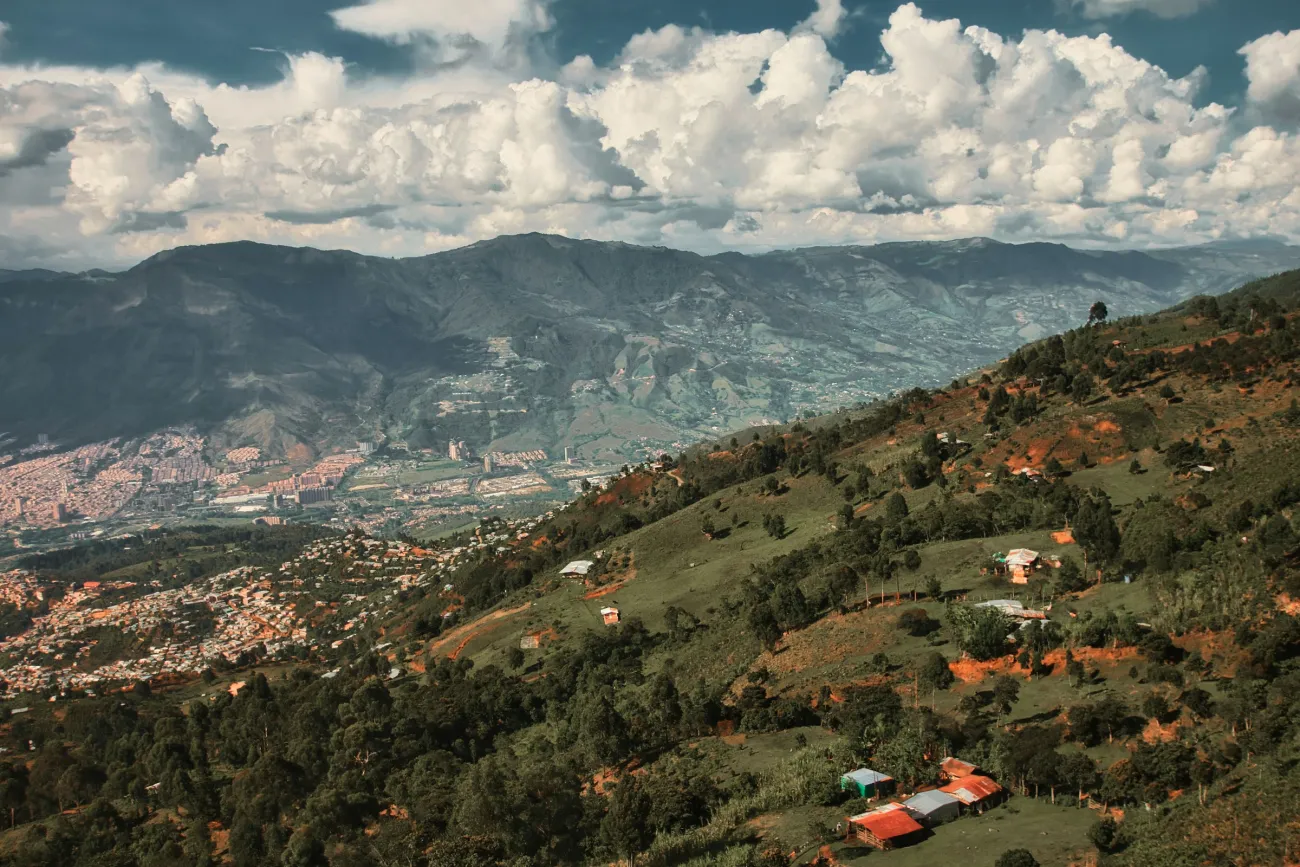Episode summary
In our conversation today with three researchers from the Swedish University of Agricultural Sciences (Elin Röös, Robin Harder and Johan Karlsson), we discuss what food systems models are and what they can tell us about future food systems, what we learn from modeling food systems at different scales (bioregion, country, continent), and we explore how our values can influence what assumptions we build into models and how we interpret its results.
About the researchers
Elin Röös is a senior lecturer at the Swedish University of Agricultural Sciences in the Department of Energy and Technology, and is one of TABLE's three research directors. Eline researches and teaches on sustainable food production and sustainable land use from many different angles. These include assessing the environmental impact of different foods using life cycle assessment (LCA), to calculate the climate impact and land use associated with different types of diets and comparing environmental impacts of different farming and food systems. She also works in many interdisciplinary projects examining the economic and information policy instruments for more sustainable dietary patterns and how more sustainable and healthy food ingredients can be produced and processed.
Robin Harder is a post-doctoral researcher at the Swedish University of Agricultural Sciences in the Department of Energy and Technology. He has a background in sanitary engineering and environmental systems analysis, and a keen interest in food and farming systems. His current interest lies with applying a systems perspective to recirculating nutrients and carbon from human excreta to productive agriculture. To achieve more comprehensive nutrient recovery and reuse, Robin believes it is crucial that we see human excreta management as part of food and farming systems rather than as part of waste management. This premise underpins much of his research as environmental systems analyst.
Johan Karlsson is a PhD student at the Swedish University of Agricultural Sciences in the Department of Energy and Technology. His research focuses on sustainable food systems and land use. He is primarily interested in questions concerned with the competition for arable land between livestock feed production and plant based food production, and if/when/how animal based food can contribute to food systems sustainability.
Background reading and resources
Food systems models by Elin Röös and Johan Karlsson
Halting European Union soybean feed imports favours ruminants over pigs and poultry (Karlsson et al., 2020)
Resource-efficient use of land and animals—Environmental impacts of food systems based on organic cropping and avoided food-feed competition (Karlsson and Röös, 2019)
Designing a future food vision for the Nordics through a participatory modeling approach (Karlsson et al. 2018)
Greedy or needy? Land use and climate impacts of food in 2050 under different livestock futures (Röös et al., 2017)
Limiting livestock production to pasture and by-products in a search for sustainable diets (Röös et al., 2016)
Okanagan bioregion food system project by ISFS with the involvement of Robin Harder
Article: Towards a circular nutrient economy. A novel way to analyze the circularity of nutrient flows in food systems (Harder, Giampietro, and Smukler, 2021)
Blog: Assessing the circularity of nutrient flows across nested scales for four food system scenarios in the Okanagan bioregion, BC Canada (Harder, Mullinix, and Smukler, 2021)
Report: Nutrient management in the Okanagan bioregion. (Harder, Mullinix, and Smukler, 2021)
Other futures scenarios reports
Creating a sustainable food systems future (World Resources Institute, 2019)
An agroecological Europe in 2050 (IDDRI, 2018)
The future of food and agriculture – alternative pathways to 2050 (FAO, 2018)
Gut feelings and possible tomorrows: (where) does animal farming fit? (Garnett, 2015)
Related Feed podcast episodes on food policy and trade
Ep11: Klara Fischer on why "technology is not scale-neutral"



Comments (0)